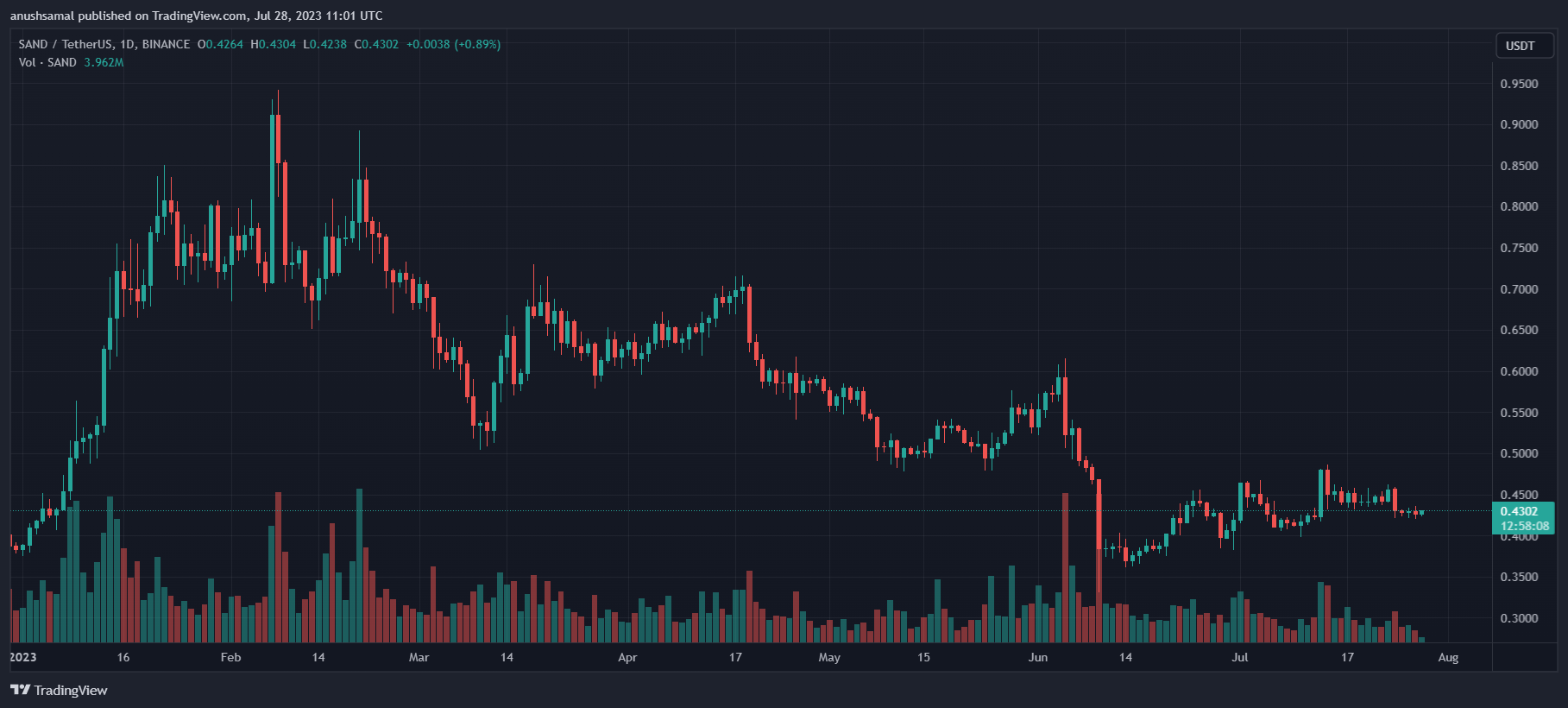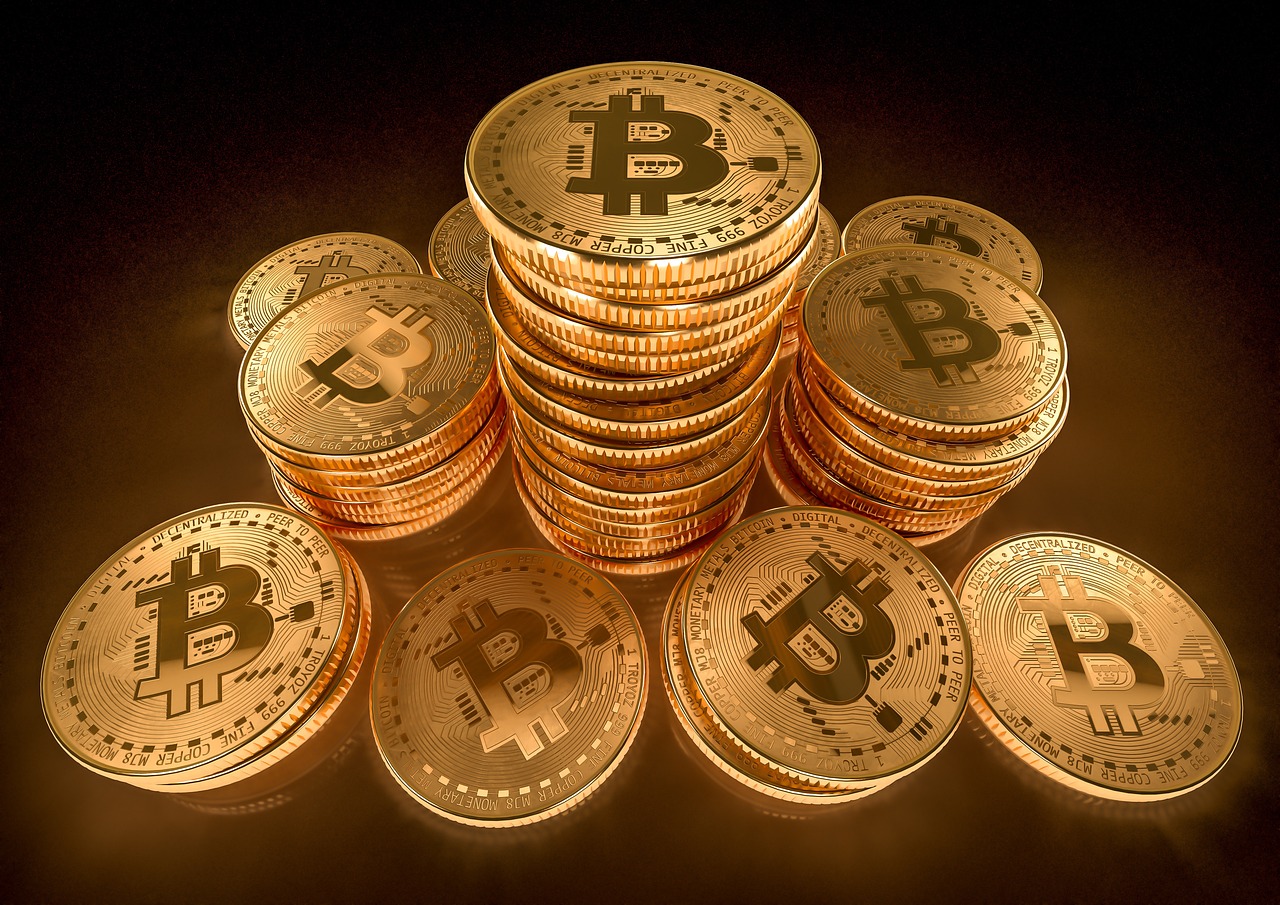The Sandbox metaverse development platform has made an announcement recently, revealing its partnership with the British Museum to integrate the institution into the metaverse.
It stated that the partnership aims to create “immersive experiences” for users to discover world history as a range of digital collectibles will be generated based on various collections within the museum.
The British Museum has also expressed interest in creating its own presence within the online game world, aligning it with modern cultural icons like Snoop Dogg, McDonald’s, Adidas, and Gucci.
British Museum’s Metaverse Experience Continues
The British Museum is collaborating with the French startup LaCollection, their licensing partner, to explore the realm of nonfungible tokens (NFTs).
This collaboration aims to showcase the collections of the British Museum through a range of NFTs. These NFT collectibles are set to provide users within the online game world experiences.
Prior to this latest collaboration, the British Museum had engaged in three previous partnerships with LaCollection focused on nonfungible tokens (NFTs). Their relationship commenced in September 2021, when they initiated an auction featuring 200 digital postcards showcasing artworks by Japanese artist, Katsushika Hokusai.
Subsequently, in the spring of 2022, the museum hosted an auction featuring 20 tokenized versions of artworks by British artist, Joseph Mallord William Turner.
The group of paintings showcased in the auction hailed from a collection endowed to the museum by Robert Wylie Lloyd, a former chairman of the auction house Christie’s.
According to the terms of his bequest, the works were originally limited to be displayed for only two weeks a year or upon special request, and lending them was strictly prohibited.
However, the NFT initiative presented a unique opportunity to overcome these restrictions and enable a much broader audience to appreciate these invaluable artworks.
Art, Culture, And NFTs
This spring, the Centre Pompidou, a leading museum in France for modern art and home to Europe’s first collection of modern art, opened a new exhibition at the intersection of art and blockchain.
The museum introduced pieces from the world-renowned nonfungible token (NFT) collections, including CryptoPunks and Autoglyphs, forming part of a permanent exhibition.
Earlier, the Kharkiv Art Museum, one of Ukraine’s oldest art institutions, initiated an NFT collection as a fundraising effort to support its ongoing operations and safeguard its cultural heritage.
The Royal Museum of Fine Arts Antwerp in Belgium became Europe’s first museum to tokenize a classic art masterpiece valued at millions of euros. This move marks an important step in the world of art, where a digital representation of the artwork was created and associated with a unique nonfungible token (NFT), enabling new possibilities for art ownership, preservation, and appreciation in the digital age.






